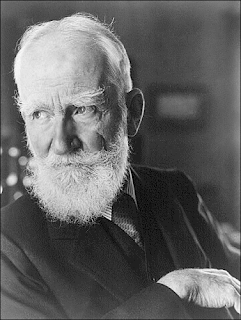Every Woman is not Ann but Ann is Everywoman: Characterization of Shaw’s Ann Whitefield in Man and Superman

S haw has been pre-occupied mainly with the exposition of his philosophy through the media of plays and this is a crystal truth as far as Man and Superman is concerned. Characterization or depiction of characters in their full human round has never been his forte. But nonetheless the feminine characters created by Shaw are undeniably marvelous. Raina in Arms and the Man , St Joan in Saint Joan and Ann Whitefield in Man and Superman are some of the unique creations bearing the impress of Shaw’s mature and superb literary merit.







